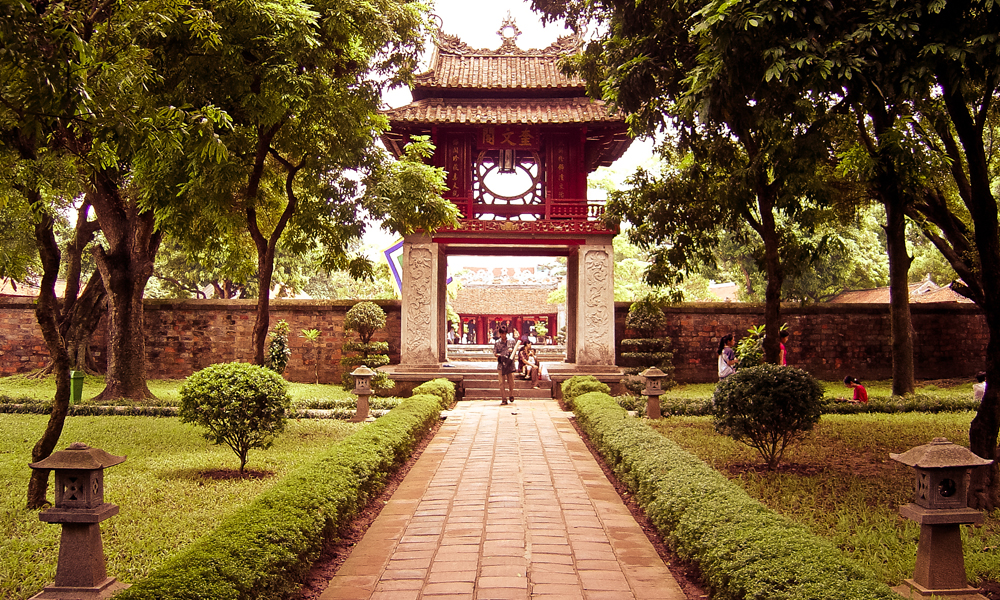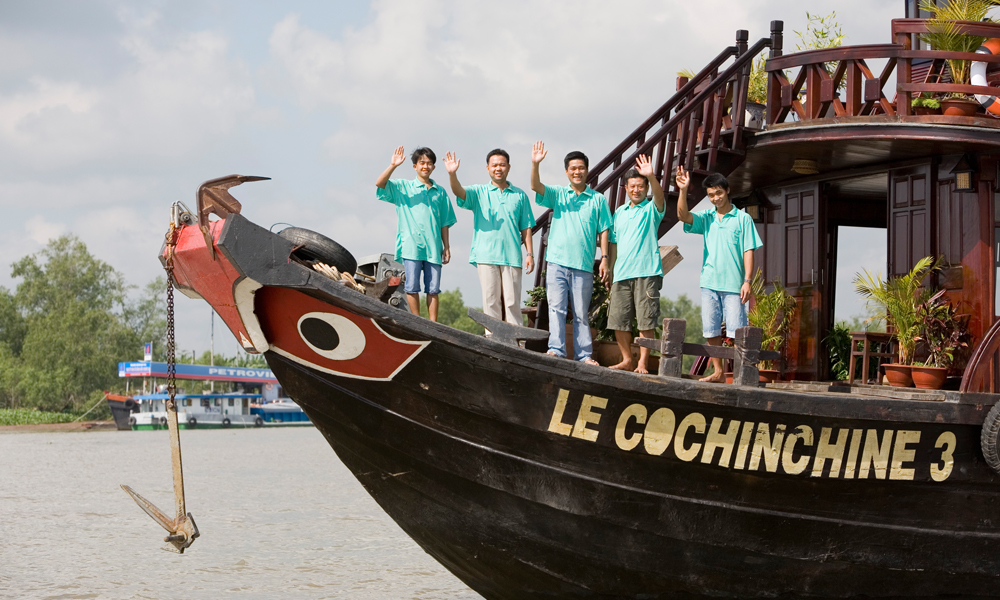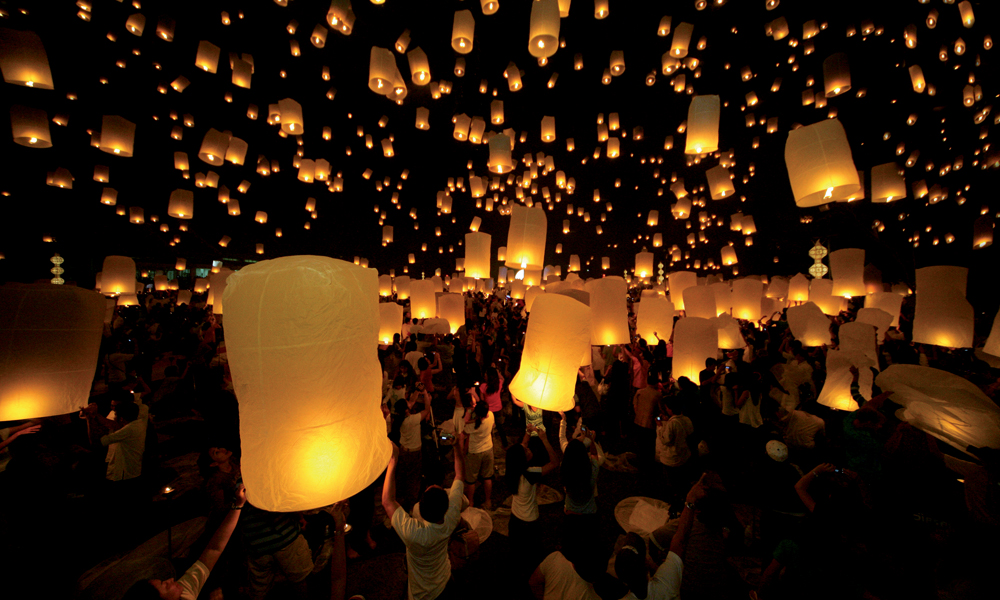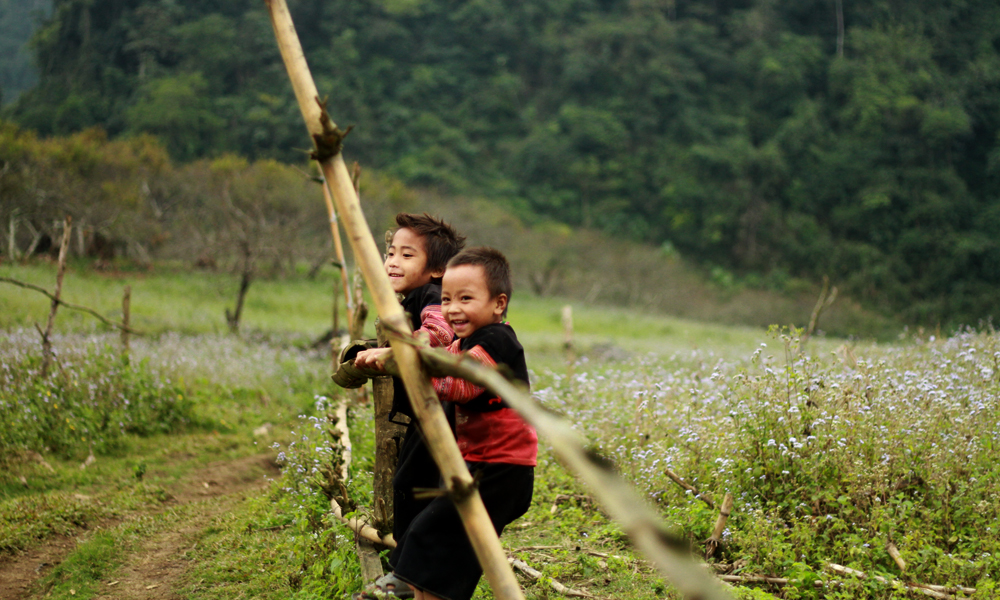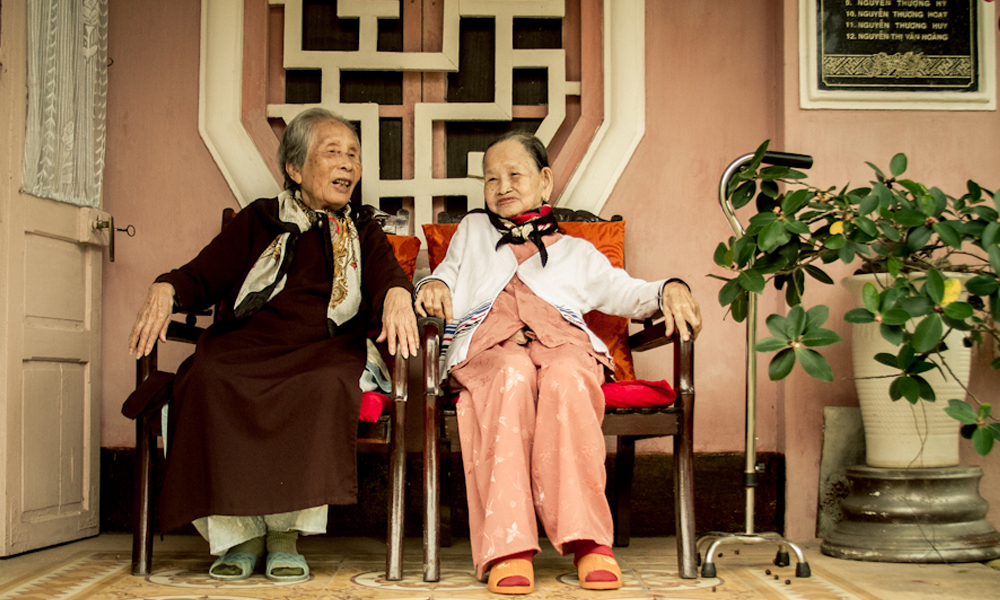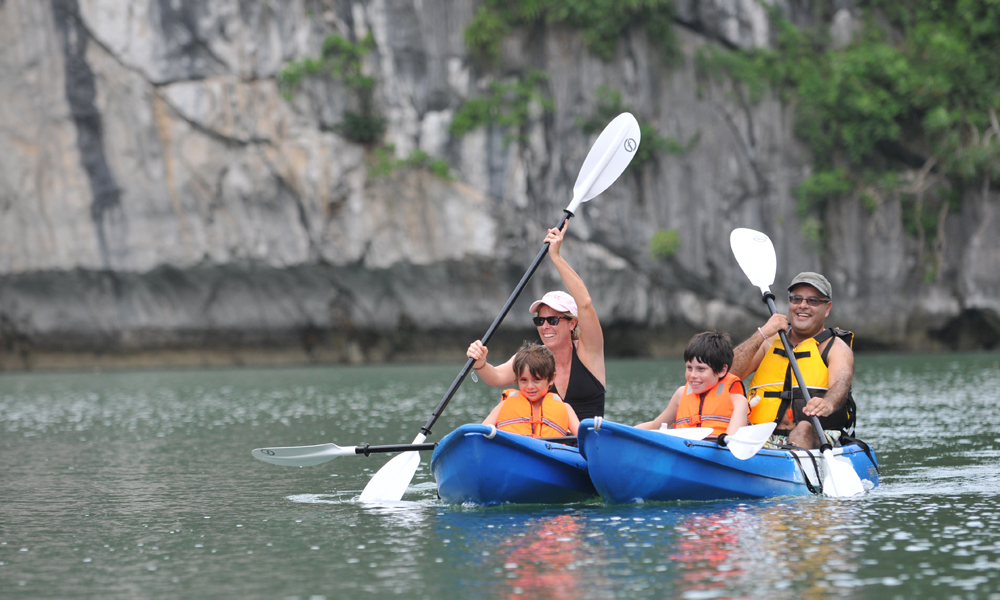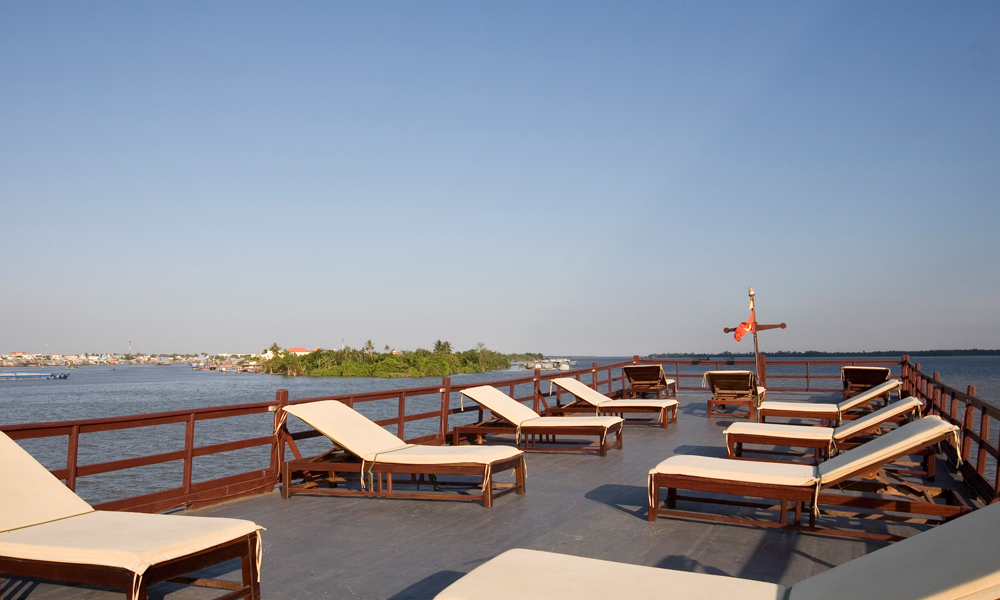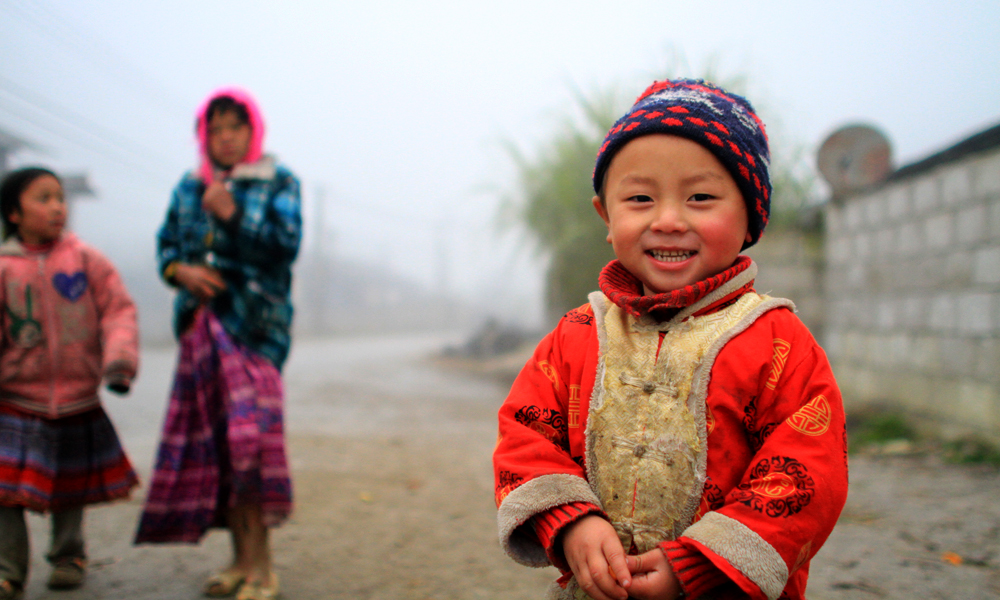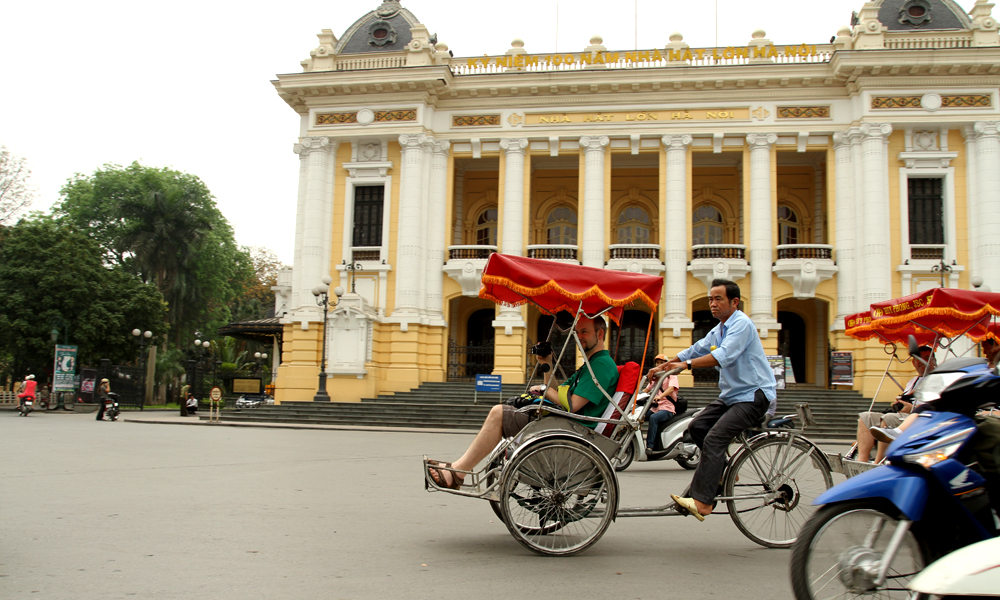- ENTRY REQUIREMENT:
Passport & Visa
Passport valid for at least six months by all nationals. The entry visas are obtainable from the nearest Vietnamese Embassy, a travel agent or upon arrival. The validity of tourist visas is about one month and could be extended.
Visa are usually issued by the Vietnamese Embassy in the passengers’ home country which require 2 (two) full working days, and can also be obtained upon arrival at Hanoi, Ho Chi Minh City and Danang airports.
Nationalities that are not required to have visa to Vietnam:
- Nationals of Japan, Korea, Russia, Denmark, Finland, Norway and Sweden for stays of up to 15 days;
- Nationals of Indonesia, Laos, Malaysia, Thailand, Cambodia and Singapore for stays of up to 30 days; Philippine up to 21 days, Brunei up to 14 days and Kyrgyzstan is not stipulated.
Nationalities that are provided visa without fees:
Afghanistan, Algeria, Nicaragua, Romania.
Visa on arrival into Vietnam:
- Stamped at international airport: Hanoi, Danang, Ho Chi Minh city
- Procedures: Clients need to have visa approval letter (approved by the Vietnam Immigration Department) in advance. Please send us the passport details:
- Full name (as appear on passport)
- Date of birth
- Gender
- Passport number
- Nationality
- Date of issue
- Date of expiry
- Duration: Generally 4 normal working days for normal case, and 2 normal working days for urgent case to get the visa approval letter (except in cases of Saturday, Sunday, public holidays, new years…)
- Once we get the visa on arrival approval letter, we will send to you to send to clients. Clients will bring along this visa approval letter to board on flight to Vietnam, to show to immigration officer at the international airport in Vietnam
- Upon arrival at the airport, clients will fill in the Immigration Form (given by the Immigration Officer) at the airport, paste their passport size photos and pay US$ cash as stamping fee directly to the Immigration Officer there (please see Visa Stamping Fee below)
Visa Stamping fee:
- Single-entry visa (Tourist Visa): 45 USD
- Multi-entry visa has been classified into 3 types:
65 USD for a period of less than 1 month, 95USD for a period less than 6 months and 135USD for a period of above 6 months.
What clients need to bring to get visas on arrival:
- 02 passport size photos (4 x 6 cm)
- US$ cash as stamping fee
- The visa approval letter
Costs:
- Arrangement fees for HGH Travel to get the visa approval letter: US$10 per person for normal case and US$15 per person for urgent case
- Stamping fees: US$ cash as stamping fee as above. Clients will pay this in cash directly to the Immigration Officer at the airport
Remarks: HGH Travel only applies the visa approval letter for clients who book tours and other services with us
Note: The price is subject to change and varies between nationals.
- WEATHER:
The climate in Vietnam differs greatly from North to South due to the geographical diversity. There are no good or bad seasons for visiting Vietnam. When one region is wet, cold or hot and humid, another place is sunny and pleasantly warm.
Vietnam stretches over 1,800 square kilometers from north to south and has several ranges of mountains. Due to this wide range of latitude and altitude, the weather pattern varies from region to region. In the North, the rainy season is from August until November. Typhoons are sometimes a problem, but rare. The North can be quite chilly from December to February.
In Central Vietnam, the rainy season is from October to December. Heavy rain and flooding can interrupt travel during these months and Hue, Da Nang and Nha Trang may become inaccessible overland.
The climate in Ho Chi Minh City area and the Mekong Delta is sub-equatorial with two main seasons: wet and dry. The wet season lasts from May to October with short, sharp drenching downpours occurring almost every day. The dry season lasts from November to April.
- CURRENCY
The currency is Vietnamese Dong (VND). Foreign currencies can be exchanged at the banks, exchange bureaus or hotel reception desks. Travelers' cheques and most Credit cards are accepted in the major cities however, cash is still used by a large percentage of the population as the preference. We recommend that you bring some cash with you. Check online currency exchange at Vietcombank: http://www.vietcombank.com.vn/en/exchange%20rate.asp
- TIME
Time zone: GMT/UTC + 7 (the same zone as Thailand, Laos and Cambodia)
Business days: Monday through Friday.
Business hour: Mornings: 07h30 - 12h00; Afternoons: 13h00 - 16h30.
Museums are usually closed on Monday but you can visit temples and pagodas every day.
Most restaurants and shops open from 08h00 till 22h00.
- WHAT TO PACK
Vietnam is a casual country by western standards although people do like to dress in their Sunday best whenever the opportunity arises. Therefore casual clothing is appropriate for almost any occasion.
The year round heat and humidity in the south, especially Ho Chi Minh City makes lightweight quick dry clothing the most appropriate. Ha Noi and surrounding areas will depend on when you are travelling. The summer is much like HCM but jackets and sweaters recommended for the winter months. The north and central highlands get cool enough for sweaters or light jackets for much of the year but the northern highlands will require cold weather clothes in the winter months.
If you are not participating in any trekking tours, sandals and lightweight shoes are sufficient. If trekking is included in your itinerary, you will need trekking boots.
- ELECTRICITY
The national electricity system is 220 volts. Connections are either a round two-pin plug or a flat two-pin plug. Beware if you are using electrical appliances and laptop computers, as there are power surges and frequent power cuts.
- FOOD/CUISINE
The cuisine of Vietnam is excellent. Rice and noodle dishes are the staple of Vietnamese food and are garnished with aromatic lemon grass and/or fresh coriander. Fish, chicken, and/or pork dishes along with cooked vegetables and rice form a typical meal. Asian and European food are available throughout the country.
- DRINKS
Drinking tap water or ice is not recommended. Bottled water is readily available but check the seal for possible tampering. You should be drinking a minimum of 1.5 liters of water per day. This should increase as the temperature increases or you are engaging in physical activities.
Vietnamese coffee is usually strong. Condensed milk is used as a whitener and sweetener as it is usually not possible to find fresh milk away for the main cities.
Beer is available just about everywhere. Most places stock a selection of local and some imported brands. Draught beer comes in two varieties, Beer Hoi or Beer Tuoi. Beer Hoi is draught beer found on the street stalls and poured straight from the keg. Vietnamese quite often add ice to their beer when drinking. Beer Tuoi is found in the bars and restaurants and is chilled and served under pressure from the keg in a more conventional method.
TRADING HOURS
Government offices and banks are open Monday through Friday. The banks close at 3:30 p.m. If you need to visit a government office do not do it during lunch periods as they are closed for 1 to 2 hours. Post offices are open 7 days a week.
Most shops will be open until around 9 p.m. Snacks and bars will close around midnight however there a few new nightclubs in Hanoi and Saigon that stay open into the wee hours.
- HEALTH & SAFETY
Pack medications in their original, clearly labeled, containers. A signed and dated letter from your physician describing your medical conditions and medications, including generic names, is also a good idea. If carrying syringes or needles, be sure to have a physician’s letter documenting their medical necessity. If you have a heart condition, bring a copy of your ECG taken just prior to travelling.
If you happen to take any regular medication, bring double your needs in case of loss or theft. In most Southeast Asian countries, you can buy many medications over the counter without a doctor’s prescription, but it can be difficult to find some of the newer drugs, particularly the latest antidepressant drugs, blood pressure medications and contraceptive pills.
There are some health concerns you should be aware of in Vietnam including dengue fever, malaria and Japanese encephalitis, typhoid, hepatitis and rabies. Tuberculosis is also a growing concern. While sexually transmitted diseases (particularly HIV and AIDS) are more common in nearby Thailand, they do pose a risk in Vietnam.
Mosquito bites are annoying enough in themselves, but on top of that, some tropical diseases (see above) are insect borne, so applying mosquito repellent after sunset is a must especially when in a more rural setting. Gastro enteric problems are among the most common ailments visitors complain about. These are generally the result of consuming contaminated food or water, so be careful about where and what you eat and drink.
No vaccinations are officially required by the Vietnamese authorities, however immunization against cholera, hepatitis, typhoid, tetanus, polio and Japanese encephalitis is advised. Please consult your doctors for further medical advice.
You should carry a basic medical kit that includes anti diarrhea tablets and re-hydration salts. Medical standards outside Hanoi and Saigon are lower than those found in western countries.
Vietnam is a generally a very safe country but as in any country, general common sense precautions are necessary as a tourist in a developing country.
In the large cities in the busy areas, take precautions against pickpockets. Drive by motorcycle purse snatchings are among the most common crimes. Make sure you secure you purse, bag or camera.






